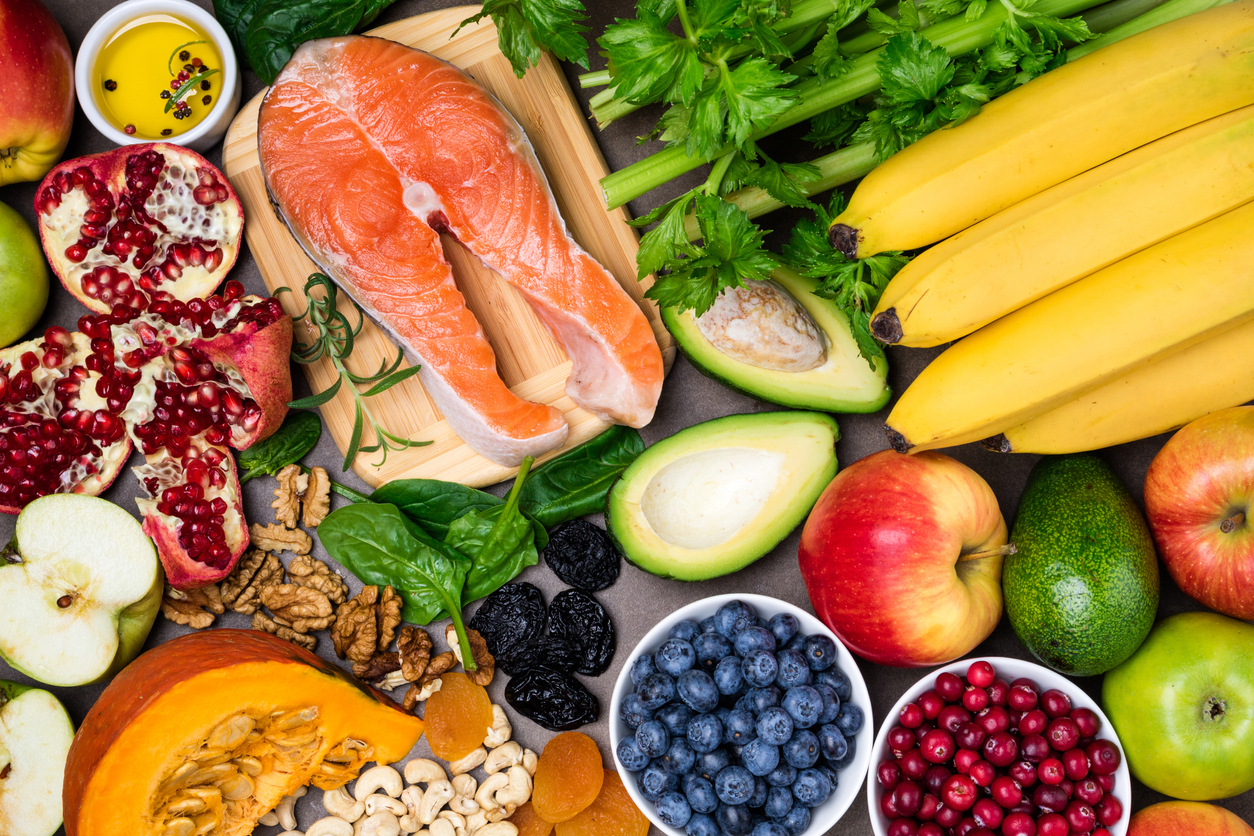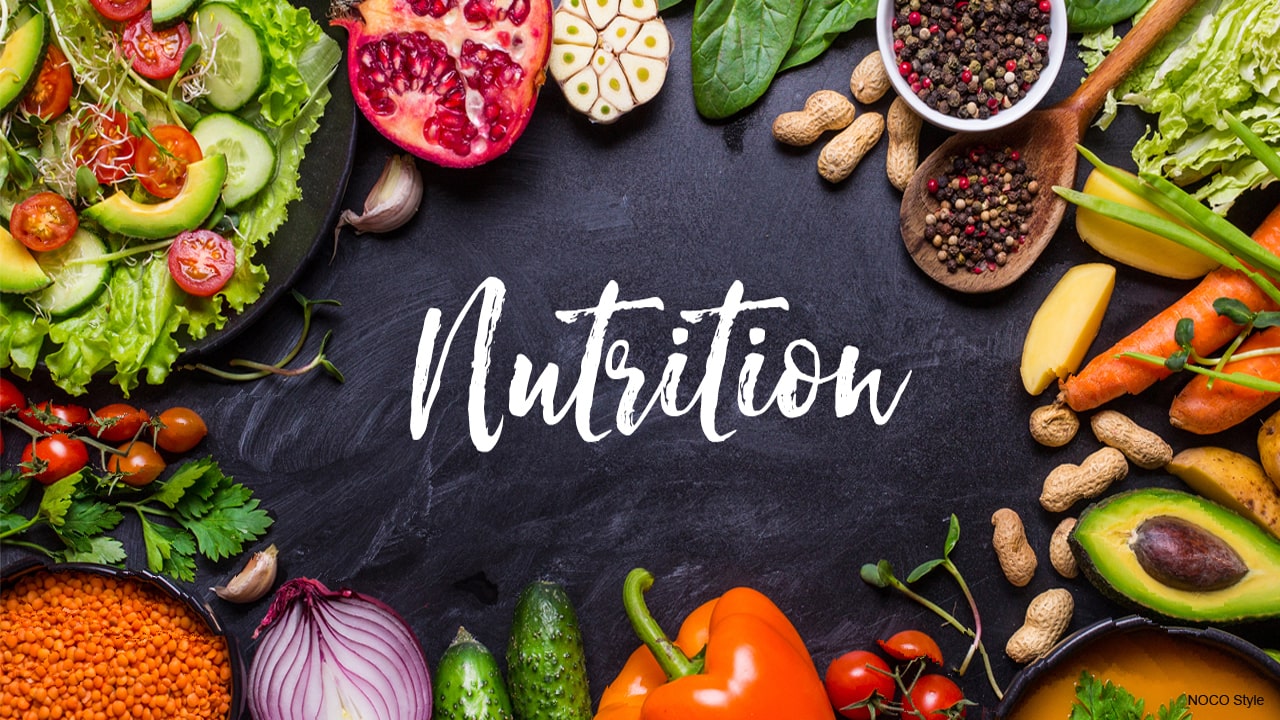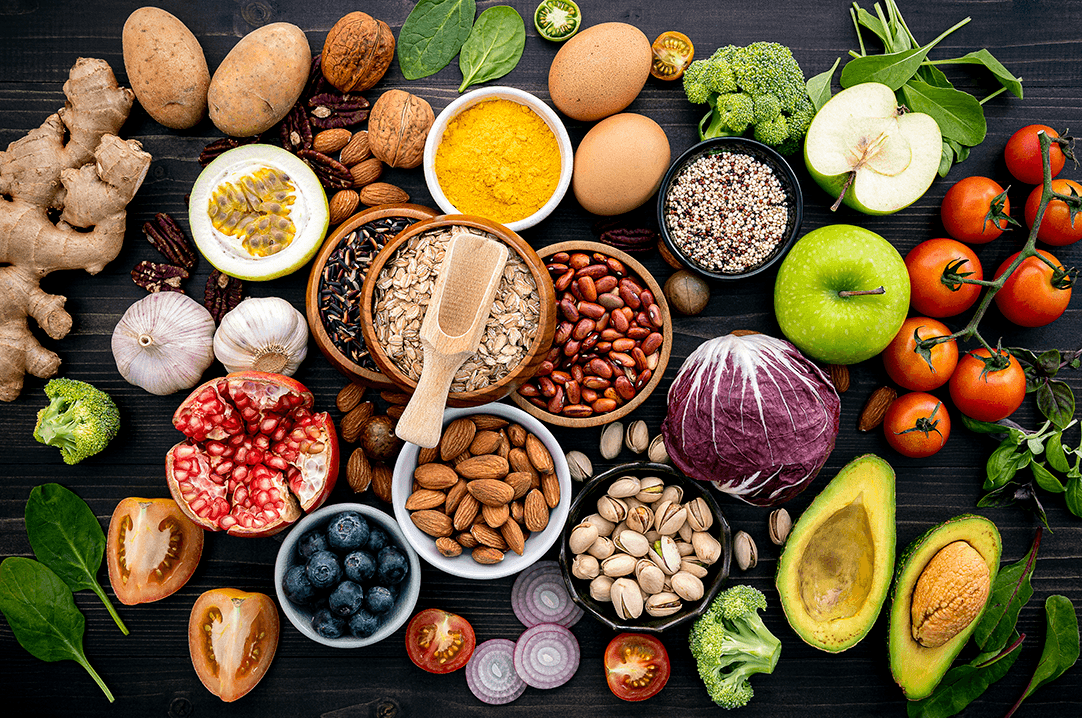Nutrition Matters For The Early Years: Giving Little Ones A Great Start
Giving young children the right food is, frankly, a big deal. It sets them up for so much good in life. What they eat when they are very small builds the very foundation for their whole future. This is why getting good food into our babies and toddlers truly matters for the early years.
You see, childhood is a time of incredible change. Little bodies are growing at an amazing speed, and their minds are developing like crazy. Every bite they take, every drink they have, feeds this fast progress. It is, in a way, a period where every bit of nourishment counts for their physical health and how their brains work, too.
There's a lot of helpful information out there, like a good booklet from the public health agency in Northern Ireland. It offers real, practical ways to feed children under five, especially in places where they are looked after, like nurseries. This kind of guidance covers a lot, from starting solid foods to dealing with allergies, and it really shows why nutrition matters for the early years.
- Creed Bullets
- Best Flat Iron For Curly Hair
- The Buffalo Masked Singer
- Mary Holland Nader
- Backstage Winery
Table of Contents
- Why Nutrition is So Important in Early Childhood
- Key Aspects of Early Years Nutrition
- The Role of Early Years Settings and Caregivers
- Shaping Future Eating Habits
- Resources and Support for Early Years Nutrition
- Frequently Asked Questions (FAQs)
Why Nutrition is So Important in Early Childhood
Proper food during a child's early years is, quite honestly, a big deal for their whole journey through life. This period, especially the first five years, is when so much happens. It's a time of rapid physical and mental change, and what children eat directly impacts their well-being.
Fueling Growth and Development
Little bodies are constantly busy. They are growing taller, getting stronger, and their brains are working overtime. Good nutrition provides the energy and building blocks for all of this. It's like giving a fast-growing plant the perfect soil and water; you get healthy, strong results. This is, you know, absolutely essential.
Proper food helps build strong bones, which are so important for all the running and playing kids do. It also helps their brains work well, supporting how they learn and think. What they consume in these first few years truly sets the stage for their health and happiness later on, more or less.
- Pottery Barn Doormat
- Kirk Mendas
- Best Rated Ski Jackets
- Does Julia Roberts Have Cancer
- Ella Langley Relationship With Riley Green
Building Lifelong Habits
The foods children get used to eating when they are young can stick with them for a very long time. Early experiences with food can shape what they like and dislike as they get older. If they learn to enjoy healthy foods now, they are more likely to keep eating well as adults. It's, basically, about setting up good patterns from the start.
This is why it's so important to introduce young children to a wide range of healthy foods. The earlier they try different fruits, vegetables, and other good things, the more likely they are to accept them. This early exposure can really make a difference in their future eating habits, you know, for good.
Protecting Little Teeth
Good nutrition also plays a big part in keeping children's teeth healthy. This early period is, in fact, vital for teeth to grow strong and to help stop tooth decay. What children eat and drink affects the strength of their tooth enamel and how likely they are to get cavities.
Avoiding sugary drinks and snacks, and making sure children get enough vitamins and minerals, helps keep their smiles bright. It's a simple step that has a very big impact on their overall health, too. So, thinking about teeth early on is pretty smart.
Key Aspects of Early Years Nutrition
When we talk about nutrition for young children, it covers quite a few different areas. It's not just about what they eat, but how they eat, and what kind of support they get. All these parts work together to help children thrive. This is, you know, pretty much a whole picture.
Starting Strong: Breastfeeding and Weaning
For the very youngest children, especially in their first two years, breastfeeding can be life-saving. It gives them a lot of protection. When it's time to introduce solid foods, also known as weaning, it needs to be done carefully and with good choices. This period is, literally, a big step for little ones.
Guidance for childcare providers often includes advice on how to manage breastfeeding and weaning. This helps ensure that children get the right foods at the right time. It's about making sure the transition to solid foods is smooth and healthy, which is, honestly, a very important part of early nutrition.
Daily Essentials: Fruits, Vegetables, and Balanced Meals
Children need fruits and vegetables every single day. These foods are packed with things that help them grow well and support their brain development. A balanced diet, with a mix of different food groups, is key. It's about offering a variety of good things to eat, you know, for overall wellness.
This means meal planning for young children should include plenty of fresh produce. Childcare settings, for example, often have example menus that show how to do this. It's about making sure every meal and snack contributes to their health, which is, in a way, a continuous effort.
Smart Snacks and Drinks
Snacks and drinks are also a part of a child's daily food intake. It's important to choose wisely here. Sugary drinks and snacks with lots of salt, like some packet soups, stock cubes, crisps, bacon, or smoked meats, should be avoided. These don't offer much good nutrition and can be harmful to health.
Instead, focus on healthy snacks like fruit, vegetable sticks, or plain yogurt. Water is, basically, the best drink for children. Making smart choices for snacks and drinks supports their health all day long, and that's, in fact, a very good habit to teach early.
Handling Allergies and Special Diets
Some children have allergies or need special diets, like a vegan diet. It's very important to know how to handle these needs safely and correctly. Childcare providers, for instance, need to be able to accommodate individual dietary requirements. This keeps all children safe and well-fed.
Resources are available to help with this, including guidance for infants and children on a vegan diet. Understanding these specific needs and planning meals accordingly is a big part of providing good care. It's, you know, about making sure everyone gets what they need.
The Role of Early Years Settings and Caregivers
The places where young children spend their days, like nurseries and playgroups, play a very big part in their nutrition. Caregivers, whether they are parents, childminders, or staff in these settings, have a real chance to make a positive impact. It's, honestly, a shared responsibility.
Practical Guidance for Childcare Providers
There's specific guidance out there to help early years providers offer healthy, balanced, and nutritious food. This includes advice on meal planning, how to manage weaning, and how to deal with different dietary needs. It also points out how good nutrition can help prevent health issues later on. This is, you know, very helpful information.
For example, there are example menus for settings in England and Scotland, and nutritional guidance for Wales. Northern Ireland also has specific food and nutrition information for childcare providers. This kind of detailed support helps ensure children get good meals while they are being looked after. Learn more about on our site.
Overcoming Barriers to Good Nutrition
Providing good nutrition isn't always easy. There are real challenges that families and childcare settings can face. High poverty rates, rising food prices, and even the poor nutritional content of some store-bought baby and toddler foods can make it hard to offer the best choices. These are, in fact, some core barriers.
It's important to recognize these difficulties and find ways to work around them. This could involve offering advice on affordable healthy eating or providing support within settings. Understanding these factors helps us find better solutions, which is, arguably, a very important step.
The First 1000 Days: A Golden Opportunity
The period from conception to a child's second birthday, often called the first 1000 days, is incredibly important. Establishing healthy eating and activity habits during this time cannot be overstated. It's a short window where so much development happens, and the right nutrition can make a huge difference.
This early start helps build a strong foundation for health that lasts a lifetime. It's a time when proper nutrition really shapes a child's future well-being. Focusing on this period is, basically, a smart investment in a child's health, as a matter of fact.
Shaping Future Eating Habits
How children experience food when they are very young can have a lasting effect on how they eat as they get older. These early moments around food are more than just about getting nutrients; they are about building a relationship with food. It's, you know, pretty much a learning experience.
Positive Food Experiences
Early learning and childcare settings are doing a lot to help children have good experiences with food. This means making meal times enjoyable and introducing new foods in a fun, pressure-free way. When children have positive feelings about food, they are more likely to try new things and develop healthy habits. This is, basically, a very good approach.
It's about creating an environment where healthy eating is encouraged and celebrated. When children see others enjoying healthy foods, they are more likely to want to try them too. This kind of whole setting approach to healthy eating can be very effective, too. It tends to make a real difference.
Avoiding Unhealthy Pitfalls
Just as important as introducing healthy foods is knowing what to limit or avoid. Foods high in salt or sugar can set up preferences for less healthy options later on. Teaching children about balanced choices from a young age helps them make better decisions as they grow. This is, in a way, about guiding them gently.
This includes advice on things like safe handling and storage of food, which helps prevent illness. It's about providing a safe and healthy food environment all around. This kind of careful attention helps children stay well, which is, obviously, what everyone wants.
Resources and Support for Early Years Nutrition
Because nutrition matters for the early years so much, there are many tools and training programs available to help. These resources are designed to support both families and those who care for young children. They make it easier to put good practices into action, which is, in fact, very helpful.
Valuable Training and Guidance
Training courses, like "Nutrition Matters for the Early Years," are a valuable resource for staff in day nurseries, playgroups, and for childminders. These courses give people the knowledge and skills they need to plan really nutritious meals, snacks, and drinks for children. It's about building confidence and capability.
These modules explore why nutrition is so important, what the current recommendations are for young children's diets and physical activity, and how to consider special dietary needs. Improving the nutrition knowledge of childcare providers through this kind of training is a key step. You can, for instance, find more information on public health websites about these programs. Find public health guidance here.
There are also various resources to support eating well in the early years, including ideas for packed lunches. These tools help ensure that children, wherever they are, get the best possible start through good food. It's, basically, about making good nutrition accessible for everyone. Check out this page for more: .
Frequently Asked Questions (FAQs)
People often wonder about specific things when it comes to feeding young children. Here are some common questions and answers, you know, to help clarify things.
What foods are most important for a child's brain development in their early years?
Fruits and vegetables are really important for healthy growth and brain development. Foods that give them good energy and help build their brains, like those with healthy fats and proteins, are also key. It's, frankly, about a balanced approach.
How can I introduce new, healthy foods to a picky eater?
Introducing new foods takes patience. Offer small amounts, let them explore the food without pressure, and try offering it multiple times. Making meal times positive and showing them you enjoy the food can also help. It's, basically, a gentle process.
What kind of training is available for childcare providers on early years nutrition?
Programs like "Nutrition Matters for the Early Years" training are designed for childcare staff. They cover meal planning, snacks, drinks, allergies, and general food information for children under five. This kind of training gives them the skills they need, you know, to do a great job.
- Is Cleo Rose Elliott Married
- Pottery Barn Doormat
- Lululemon Green Shorts
- Blue White Wedding Dress
- Dating For Marriage

Earn Your Masters in Functional Nutrition Online | Parker University

How important is nutrition for health?

The Basics of Nutrition for Optimum Health • Pure Simple Eats